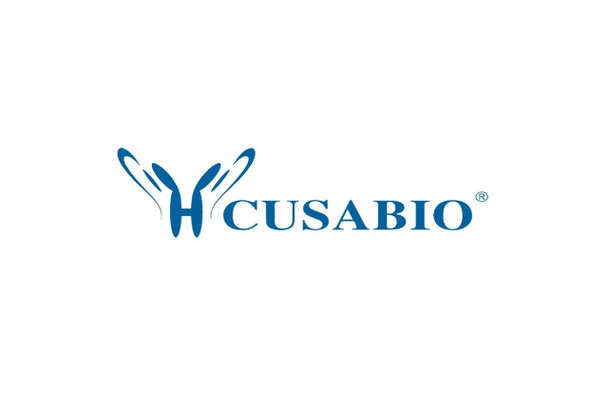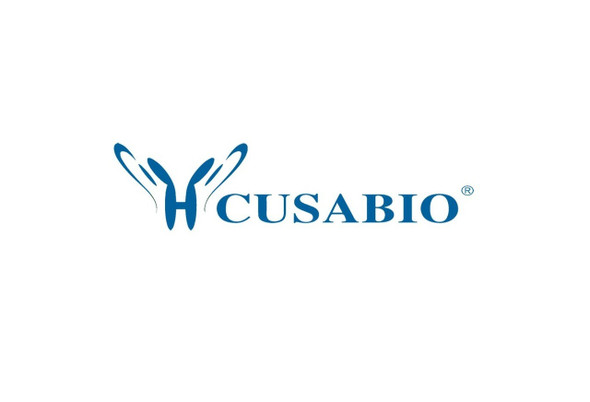Cusabio Polyclonal Antibodies
CNDP1 Antibody | CSB-PA439589
- SKU:
- CSB-PA439589
- Availability:
- 3 to 7 Working Days
Description
CNDP1 Antibody | CSB-PA439589 | Cusabio
CNDP1 Antibody is Available at Gentaur Genprice with the fastest delivery.
Online Order Payment is possible or send quotation to info@gentaur.com.
Product Type: Polyclonal Antibody
Target Names: CNDP1
Aliases: carnosine dipeptidase 1 (metallopeptidase M20 family)
Background: This gene encodes a member of the M20 metalloprotease family. The encoded protein is specifically expressed in the brain, is a homodimeric dipeptidase which was identified as human carnosinase. This gene contains trinucleotide (CTG) repeat length polymorphism in the coding region.
Isotype: IgG
Conjugate: Non-conjugated
Clonality: Polyclonal
Uniport ID: Q96KN2
Host Species: Rabbit
Species Reactivity: Human, Mouse, Rat
Immunogen: Fusion protein of human CNDP1
Immunogen Species: Human
Applications: ELISA, WB, IHC
Tested Applications: ELISA, WB, IHC;ELISA:1:2000-1:5000, WB:1:500-1:2000, IHC:1:50-1:200
Purification Method: Antigen affinity purification
Dilution Ratio1: ELISA:1:2000-1:5000
Dilution Ratio2: WB:1:500-1:2000
Dilution Ratio3: IHC:1:50-1:200
Dilution Ratio4:
Dilution Ratio5:
Dilution Ratio6:
Buffer: -20°C, pH7.4 PBS, 0.05% NaN3, 40% Glycerol
Form: Liquid
Storage: Upon receipt, store at -20°C or -80°C. Avoid repeated freeze.
Initial Research Areas: Signal Transduction
Research Areas: Cancer;Signal transduction













